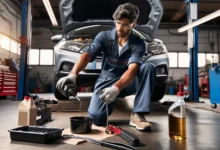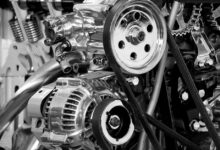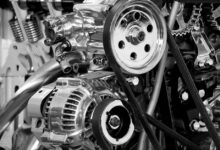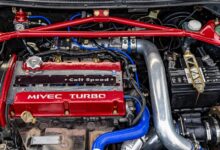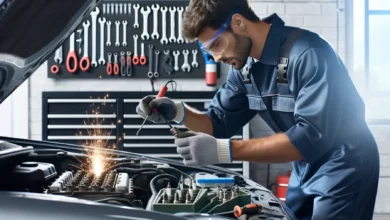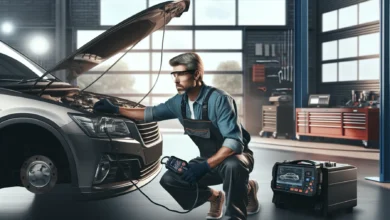Car Repair Maintenance: Essential Guide to Keeping Your Vehicle Running Smoothly
Sponsored Ads
Preamble
Maintaining your car is crucial for ensuring its longevity, safety, and optimal performance. Regular car repair maintenance helps prevent unexpected breakdowns, extends your vehicle’s lifespan, and protects your investment.
Neglecting car maintenance can lead to costly repairs, diminished fuel efficiency, increased emissions, and compromised safety. This guide will provide a comprehensive overview of car repair maintenance, explaining its benefits, strengths, weaknesses, and essential components.
By understanding the importance of car repair maintenance, you can make informed decisions that will keep your vehicle operating smoothly and reliably for years to come.
Introduction
Car repair maintenance refers to the regular servicing, inspection, and repairs performed on a vehicle to maintain its optimal performance and longevity. It involves a range of tasks, including oil changes, filter replacements, brake inspections, and more.
Regular maintenance helps identify and address minor issues before they escalate into major problems, preventing costly repairs and ensuring your car continues to operate safely and efficiently.
By proactively addressing car repair maintenance, you can extend the lifespan of your vehicle, enhance its performance, and protect your investment.
Benefits of Car Repair Maintenance
Increased Vehicle Lifespan
Regular maintenance helps keep your car’s components in good working order, reducing wear and tear and extending the vehicle’s lifespan. By addressing minor issues promptly, you can prevent them from becoming major problems that require costly repairs or replacements.
Improved Fuel Efficiency
A well-maintained car operates more efficiently, which can lead to improved fuel economy. Regular maintenance tasks such as oil changes, air filter replacements, and tune-ups ensure that your engine is running smoothly, reducing fuel consumption.
Enhanced Safety
Regular car repair maintenance helps keep your vehicle safe to operate. By inspecting and servicing critical components such as brakes, tires, and lights, you can identify and address potential hazards, reducing the risk of accidents.
Reduced Costly Repairs
Proactively addressing car repair maintenance can help prevent small issues from escalating into major problems, saving you from costly repairs. Regular servicing and inspections allow mechanics to detect and fix issues early on, before they become more severe and expensive to resolve.
Enhanced Resale Value
A well-maintained car retains its value better than a neglected vehicle. When it’s time to sell your car, a detailed maintenance history will demonstrate its care and upkeep, increasing its resale value.
Strengths of Car Repair Maintenance
Regular car repair maintenance offers numerous strengths:
Weaknesses of Car Repair Maintenance
Despite its benefits, car repair maintenance does have some potential drawbacks:
Essential Components of Car Repair Maintenance
Effective car repair maintenance involves several key components:
| Component | Description |
|---|---|
| Oil Changes | Replacing the engine oil and filter regularly helps lubricate moving parts, reduce friction, and protect against wear. |
| Filter Replacements | Replacing air, fuel, and cabin filters improves engine performance, reduces emissions, and enhances air quality inside the vehicle. |
| Brake Inspections | Inspecting brake pads, rotors, and calipers helps ensure that your brakes are operating effectively and safely. |
| Tire Rotations and Alignments | Rotating and aligning tires promotes even wear, improves handling, and extends tire lifespan. |
| Battery Maintenance | Checking battery terminals, cleaning corrosion, and replacing batteries when necessary ensures consistent electrical power. |


